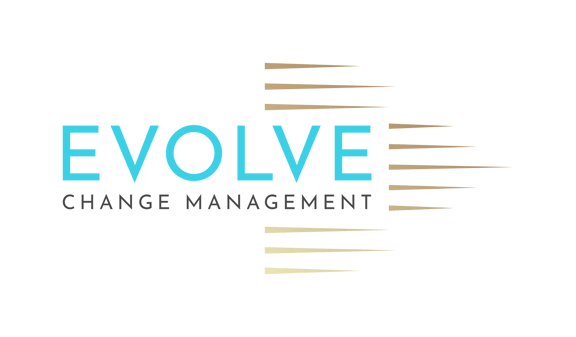

In today’s fast-paced business environment, organisations are constantly adapting to change, whether it’s implementing new technologies, restructuring teams, or shifting strategic goals.
In-house change managers are often at the forefront of these initiatives, leveraging their deep understanding of the company’s culture, processes, and people. However, when faced with particularly complex or large-scale changes, even the most skilled in-house teams can benefit from the fresh perspectives and specialised expertise that external change consultants bring to the table.
Here’s why this collaboration can be a game-changer for your organisation.
1. Leveraging Organisational Insight with Fresh Perspectives
In-house change managers possess a deep understanding of the organisation’s history, culture, and internal dynamics. This knowledge is invaluable when planning and executing change initiatives that align with the company’s core values and objectives.
However, external change consultants can offer a fresh set of eyes. With experience across various industries and organisations, they bring innovative ideas and proven methodologies to the table, offering an objective viewpoint that can reveal blind spots or areas that need improvement. By combining these perspectives, organisations can achieve a more well-rounded and effective approach to managing change.
2. Expanding Capacity and Accessing Specialised Expertise
Managing change, especially when it involves significant transformation, can stretch in-house teams thin, particularly if they’re juggling multiple responsibilities. Even the most capable teams can find themselves overwhelmed when faced with the demands of a major change initiative.
External consultants can provide the additional capacity needed to manage the workload effectively, as well as bring in specialised expertise tailored to the specific challenges at hand. This collaboration allows in-house teams to maintain their focus on core responsibilities while ensuring that the change process is handled smoothly and efficiently.
3. Ensuring Objectivity and Unbiased Recommendations
One of the challenges of managing change internally is the potential for bias. In-house teams, despite their best efforts, may be too close to the situation to see it objectively, or they may hesitate to propose changes that could be met with resistance.
External consultants bring an unbiased perspective, offering objective analysis and recommendations that are based on the best interests of the organisation as a whole. This independence allows them to challenge existing practices, ask difficult questions, and propose solutions that might not be readily apparent to those within the organisation.
4. Overcoming Stagnation with Fresh Energy and Focus
Over time, even the most dynamic in-house teams can face periods of stagnation, where routine processes and familiar methods might limit creativity and momentum. External change consultants can inject fresh energy and a renewed focus into your initiatives, helping to break through these plateaus.
These consultants bring not just new ideas but also a drive to push boundaries and challenge the status quo. By introducing different perspectives and methodologies, they can help your team rediscover momentum, ensuring that change initiatives remain dynamic and forward-moving. This boost in energy and focus can be particularly valuable in reigniting projects that may have lost their spark, driving them towards successful completion.
5. Mitigating Risks and Managing Crises
Change initiatives come with inherent risks, from miscommunication and resistance to unforeseen challenges that can derail even the best-laid plans. Having an external consultant on board can help mitigate these risks by bringing experience in crisis management and risk mitigation.
External consultants are well-equipped to handle unexpected challenges, offering solutions that keep the change process on track. Their ability to remain calm under pressure and draw on their experience from similar situations can be invaluable in navigating the complexities of large-scale change.
6. Building Long-Term Capability Through Knowledge Transfer
One of the lasting benefits of collaborating with external consultants is the opportunity for knowledge transfer. As they work alongside your in-house team, consultants share their expertise, tools, and techniques, helping to build internal capabilities for future change initiatives.
This collaborative approach not only ensures the success of the current project but also strengthens your organisation’s ability to manage change independently in the future, leaving you better equipped to navigate the challenges of an ever-changing business environment.
Conclusion
The partnership between in-house change managers and external consultants can offer a powerful combination of deep organisational knowledge and fresh, innovative perspectives. By working together, these teams can navigate complex transformations more effectively, mitigate risks, and build a stronger foundation for future change.
As the business landscape continues to evolve, the ability to draw on external expertise when needed can provide your organisation with a competitive edge, ensuring that your change initiatives are successful and sustainable in the long term.
